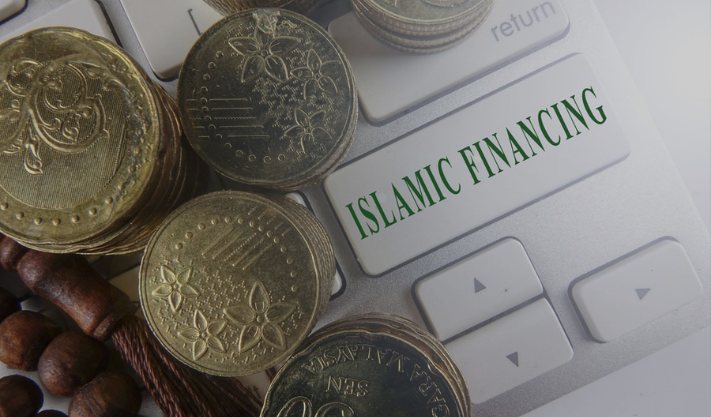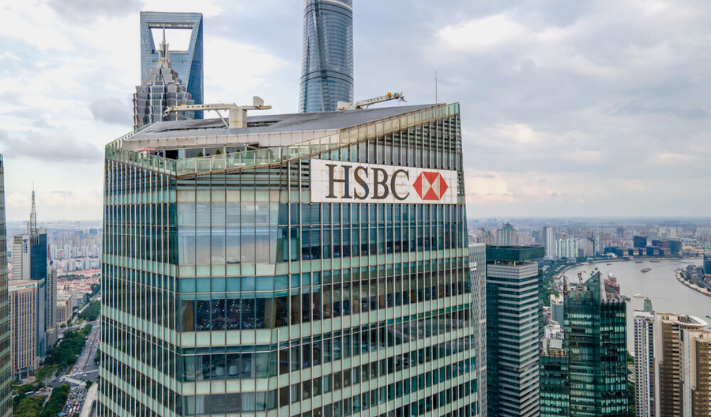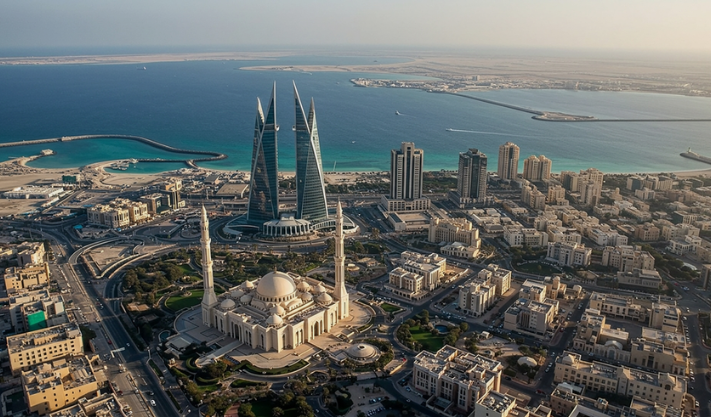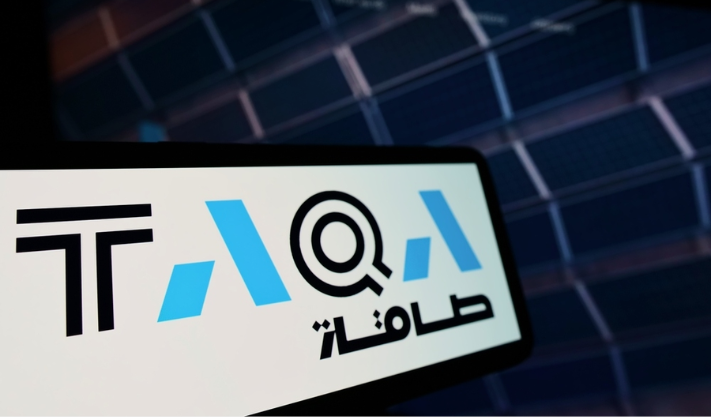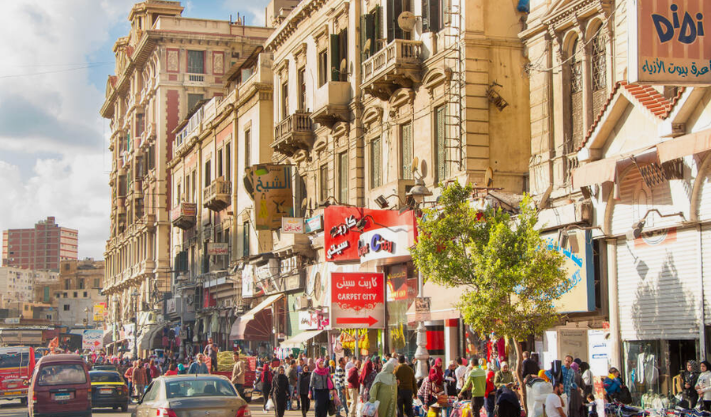Outside the Gulf: Why Islamic Finance Is Spreading Around the World
In a world where ethical and sustainable investment is becoming more important, Islamic finance, based on rules that avoid interest (riba), too much uncertainty (gharar), and harmful industries, is growing beyond its traditional areas in the Gulf and Southeast Asia. With global assets expected to reach $6.7 trillion by 2027, the industry is spreading into countries with mostly non-Muslim populations. This growth is driven by new technology, supportive regulations, and a rising demand for ethical finance.
A Growing Market
Islamic finance grew by more than 10.6% in 2024, with global assets reaching over $3.6 trillion, according to S&P Global Ratings. Banking assets, which make up 60% of global Islamic finance assets, and sukuk (Islamic bonds) are driving this growth. In the Gulf region, the Gulf Cooperation Council (GCC) accounted for 81% of the growth, with Saudi Arabia contributing two-thirds of it.
“With a rapidly growing global Muslim population—young, tech-savvy, and deeply values-driven—the demand for genuine, purpose-built products is increasing. There is a real chance for businesses to lead by creating Sharia-compliant products that are inclusive, ethical, and accessible to all,” said Umer Suleman, Chief Risk Officer at the UK-based Islamic finance company Wahed, to Forbes Middle East.
The sukuk market is expected to reach between $190 billion and $200 billion in 2025, compared to $193.4 billion in 2024. Sustainable sukuk, focusing on environmental, social, and governance (ESG) factors, could reach $10 billion to $12 billion in 2025, compared to $11.9 billion in 2024 and $11.4 billion in 2023. This growth is supported by regulatory incentives like fee exemptions for sustainable securities in Dubai and Malaysia’s grant schemes for sukuk issuance.
Islamic Finance in Non-Muslim Countries
The UK, home to 4 million Muslims, has become Europe’s center for Islamic finance. By the end of 2023, the total value of Islamic finance assets in the UK was $10 billion, according to Fitch Ratings. London’s strong regulatory system and connections to GCC markets make it a hub for Sharia-compliant investments. In 2021, the UK government issued its own sovereign sukuk, setting an example for other non-Muslim-majority countries.
Other countries, like South Africa and Australia, are also joining the movement. In November 2023, South Africa re-entered the sukuk market after a nine-year break, issuing a $1.1 billion sukuk. In 2021, Australia’s National Australia Bank offered a Sharia-compliant loan to its Muslim customers. These developments show the industry’s ability to tap into diverse investment sources, boosted by rapid economic growth in countries like the UAE and Saudi Arabia.
Technology and Blockchain in Islamic Finance
Technology is helping Islamic finance reach new markets. Fintech companies like Wahed and IMAN are making Sharia-compliant products more accessible. Wahed, a global Islamic fintech, has 400,000 users and operates in the US, UK, and UAE. IMAN, which operates in over 60 countries, offers services like IMAN Invest (an investment platform) and IMAN Pay (a halal buy-now-pay-later service).
Blockchain technology is also helping by making transactions more transparent and reducing uncertainty. For example, in 2018, the UAE’s Al Hilal Bank used blockchain for part of its $500 million sukuk sale. Additionally, in 2023, Islamic Coin, a Sharia-compliant cryptocurrency from the UAE, raised up to $200 million.
Challenges
Despite its growth, Islamic finance faces challenges. There is a lack of standardization, as different interpretations of Sharia law cause differences across countries. While the Accounting and Auditing Organization for Islamic Financial Institutions (AAOIFI) has made progress in some countries, global agreement is still lacking.
Another issue is the shortage of skilled professionals with knowledge of both Sharia law and modern finance. Malaysia has addressed this with special programs, but other regions are still behind.
Liquidity management is also a challenge because Islamic finance does not use traditional methods like interbank lending. Islamic financial institutions rely on less efficient alternatives, which can slow growth. The IMF is working on developing new regulations and tools for Islamic banking, but progress is slow.
“To move forward, regulators and institutions must work together. We need to give global organizations like AAOIFI and IFSB more authority to align standards,” said Suleman.
“Training programs can help bridge the talent gap, helping professionals transition from conventional to Islamic finance, along with new, tech-focused courses for the next generation of Islamic fintech.”
Looking Ahead
Islamic finance’s global expansion is not without risks, especially in regions with political instability, like the Middle East. However, its asset-based nature gives it stability, as sukuk, with $1 trillion outstanding in 2024, and commodity murabahah are not affected by interest rate changes.
The growth of the industry depends on government support, technology, and public understanding. Many non-Muslim countries are becoming more open to Islamic finance, with the UK, France, Ireland, and Luxembourg offering tax-friendly rules for sukuk. Educational campaigns, such as those in Malaysia and the UAE, are helping to raise awareness about Islamic finance worldwide.
Published: 30th April 2025
For more article like this please follow our social media Facebook, Linkedin & Instagram
Also Read:
SABIC Agri-Nutrients Q1 2025 profit up 17% to $262.5M
Dubai World Trade Centre earns $6.1B in 2024 from events
Saudi Tadawul Q1 2025 net profit down 40%, at $32M
